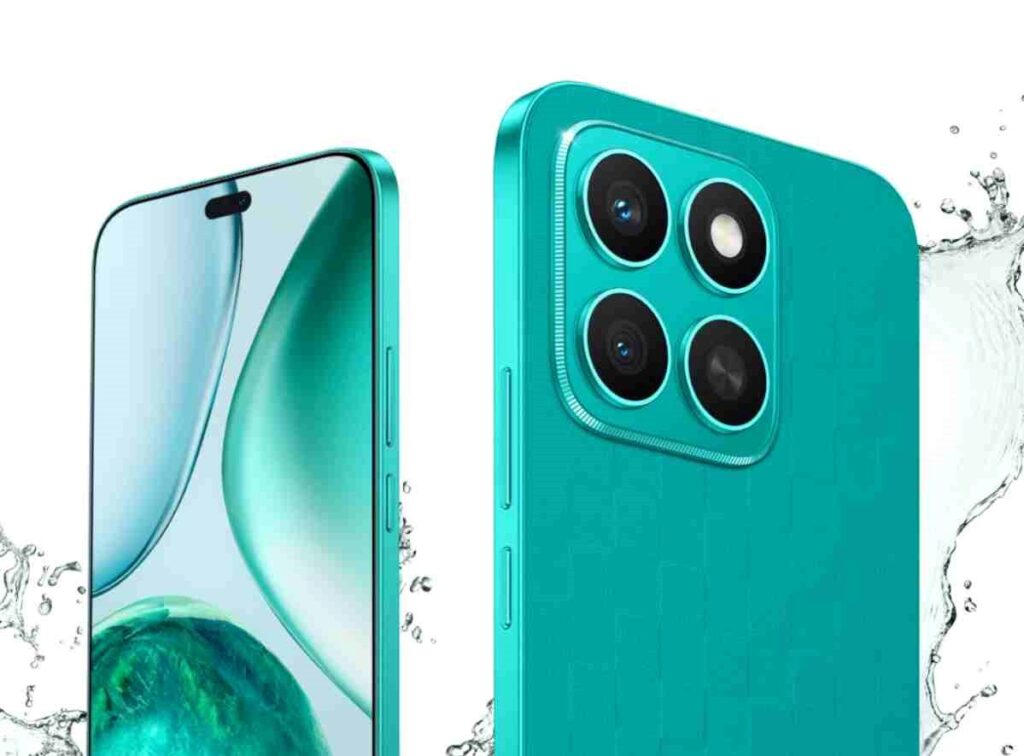Why Smartphone Storage Still Matters

Smartphone storage may not seem like a major decision factor, especially with the rise of cloud services. However, your choice directly affects how your phone performs, how much you can store on it, and how long the device will remain useful whether you’re choosing between 128GB and 512GB or wondering if expandable storage matters anymore, understanding how devices like HONOR X8c storage work will help you make smarter decisions.
Storage Impacts Speed, Longevity, and Flexibility
Your smartphone’s internal storage handles more than just photos and videos. It holds your apps, system files, and cached data. When space runs low, your phone slows down, crashes more often, and updates take longer. Choosing enough storage upfront helps you avoid frustration later.
Apps and System Files Keep Growing
Apps today demand more space than ever. A basic messaging app may only take up 100MB initially, but with media files and updates, it quickly grows. Games, especially 3D or multiplayer ones, easily cross 5GB. Add system updates, language packs, and background services, and your available space shrinks fast. System files themselves can take up to 15–20GB depending on the phone. That means a 64GB model may offer only 40GB of usable space—or even less. If you multitask, game, or install a variety of apps, underestimating storage can cause serious performance issues down the line.
Photo, Video, and Offline Files Add Up Fast
Photos taken at higher resolutions, along with 4K or 60fps video recording, take up massive space. A single 10-second 4K video can consume 80MB or more. Now factor in downloaded movies, podcasts, and offline maps or documents. Even casual users find themselves hitting storage limits within a year. Unlike cloud services, which depend on stable internet, offline storage guarantees access anytime. This matters when you travel, work remotely, or live in areas with weak connections. A higher storage option allows you to keep content on hand without constantly managing space.
More Storage Means Smoother Performance
When storage gets close to full, performance drops. Apps take longer to load, the camera struggles to save files, and system updates may fail to install. That’s because your phone needs free space to run smoothly—just like a computer. A full drive limits temporary file handling and slows down background processes. Keeping 10–20% of storage free helps your device operate at peak efficiency. That’s easier when you start with a larger capacity. You won’t need to delete apps, clear caches, or move files constantly just to keep your phone running.
Choosing the Right Storage Option for Your Needs
Selecting the right amount of storage isn’t just about current use—it’s about future-proofing. As your habits evolve and files accumulate, your storage needs increase. Consider what you do with your phone and how long you plan to use it before upgrading again. Light users who rely on web browsing, social apps, and cloud services may be fine with 128GB. But if you record video, download media, or use creative tools like video editors or design apps, 256GB or more offers a better fit. People who store entire music libraries or take thousands of photos will also benefit from higher storage tiers. Gamers and professionals working from mobile devices should consider 512GB or even 1TB models if available. The goal is to support your lifestyle without constantly worrying about deleting or moving files. Some phones include microSD card slots, offering flexible storage expansion. While not as fast as internal memory, microSDs are great for storing photos, videos, or music. They’re especially useful for travelers or content creators who want to offload files quickly. However, many newer phones have removed this option. If your next device lacks a card slot, internal storage becomes even more important. Always check whether your phone supports expansion before assuming you can rely on it.

Conclusion
Smartphone storage affects every part of your digital experience. From app performance and photo management to long-term usability, having enough space gives you freedom and flexibility. It keeps your phone running smoothly and reduces the need for constant cleanup. When buying a new device, don’t treat storage as an afterthought. Think ahead, consider your habits, and pick a storage tier that meets both your current needs and future demands. More storage may cost more upfront, but it pays off in daily convenience and long-term value.






